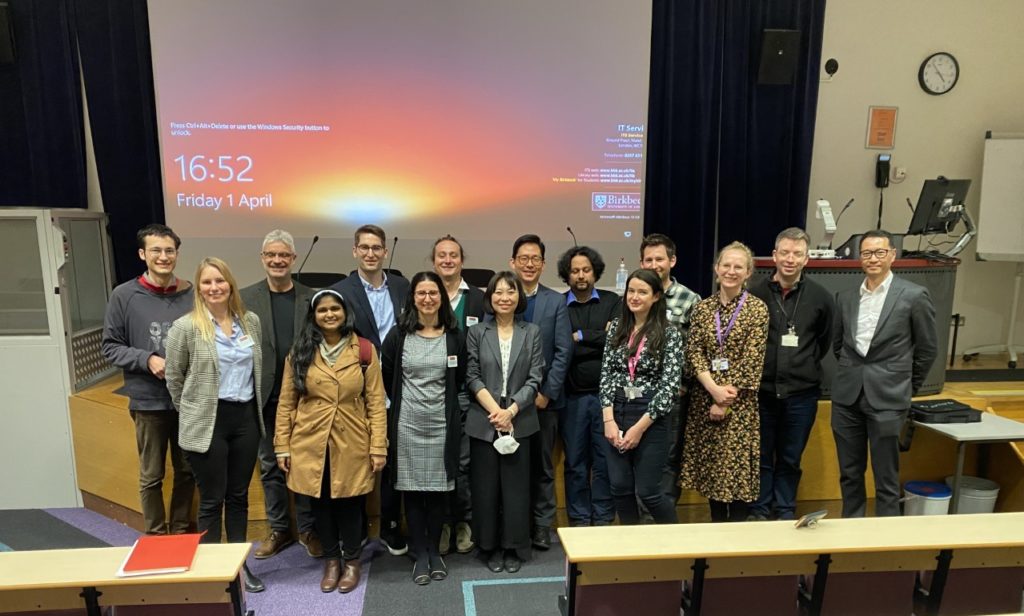Masters students Jonet Dunmore, Nina Perunovic and Verity Snow shared learnings from their Carbon Literacy Training in the final Responsible Business Centre Seminar of the summer term.
As the highest temperatures on record were reached in Britain during the July heatwave, we were reminded of the urgent challenge of addressing the climate crisis. While leadership is needed from government and business to address the crisis, many individuals are increasingly aware of climate change and looking to see what part they can play in combatting global heating.
For the past year, Birkbeck has been delivering Carbon Literacy Training to staff and students, helping our community understand key concepts and jargon and to commit to personal and organisational action to tackle the climate crisis.
On Wednesday 20 July 2022, Masters students Jonet Dunmore, Nina Perunovic and Verity Snow, who have each completed the Carbon Literacy Trust certified training, shared their learnings through the Responsible Business Centre seminar: Introduction to Carbon Literacy.
Global Warming – Key Terms
Jonet Dunmore began the discussion by explaining some of the key terms associated with climate change:
- The Kyoto Protocol – The UN framework on climate change, which committed countries to limit and reduce greenhouse gas emissions.
- The Paris Agreement – In 2015, at COP 21, a goal was set to limit global warming to below 2 degrees Celsius, preferably 1.5 degrees Celsius.
- Net Zero – A target to negate the amount of greenhouse gases produced by humans by balancing carbon dioxide emitted into the atmosphere with the carbon dioxide removed from it.
- 2050 – The UK Government has committed to reducing greenhouse gas emissions by at least 100% of 1990 levels.
- COP26 – Governments were obliged to set out more ambitious goals for climate change under the Paris Agreement to “keep 1.5 alive”.
Which countries are most vulnerable to climate change?
Nina Perunovic highlighted the global injustice of the climate crisis. Developing countries, who are least responsible for carbon emissions, are at the frontline when it comes to the impact of climate change, from natural disasters, to food and water shortages. High polluting countries, such as China and the United States, will be slower to feel the effects of climate disaster than countries such as Yemen and Haiti, which are already living with the consequences. However, if no action is taken, the impact of climate change will soon spread across the globe.
How can Carbon Literacy help us take action?
Verity Snow concluded the seminar with a message of hope: by educating ourselves on carbon emissions, we can take the actions needed to make a change. Participants were encouraged to test their knowledge of climate change solutions using an interactive quiz.
The group also discussed the impact of personal activity such as diet, transport, energy use and lifestyle on carbon emissions. You can explore your personal carbon footprint using the WWF footprint calculator.
The Carbon Literacy Project aims to equip individuals and organisations with the knowledge and motivation to make a positive change for the environment. What small changes could you make to help the planet today?




